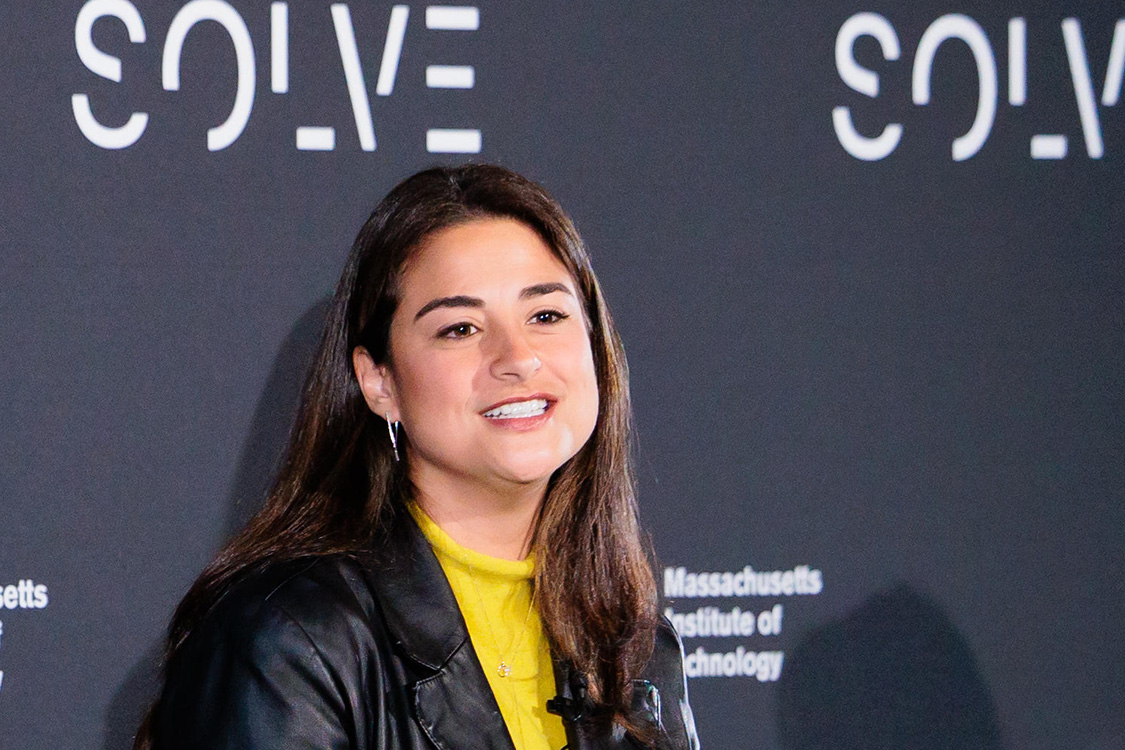GW: Tell us about what you are doing now and why it matters to you?
RB: I launched and today lead a non-partisan, non-profit organization called the Digital Democracy Institute of the Americas (DDIA). DDIA’s mission is to strengthen trust between Latino communities and democracy, and we do that by contributing to building a healthier Internet that reflects how people engage with information ecosystems. We harness public opinion and narrative research to understand how people engage with content on the Internet and how it affects the way they connect with democratic processes, institutions, and each other. We study what goes viral and draw lessons learned between countries and contexts. And we use our findings to help Latinos make sense of the digital onslaught of information and become more resilient to manipulation online.
The Internet is so borderless that we see the same behaviors and narratives being repeated in different country contexts, but don’t always realize that online harms can be pretty predictable. I want DDIA to be a part of making those lessons learned clearer and more accessible for people.
As a kid from Brazil growing up in Wisconsin, I always felt divided in my identity, like a spokesperson for a culture nobody around me could understand. Today, we should be seeing just how much connects us, because we are perpetually on our phones, tablets, or computers seeing posts from people from everywhere in the world. Yet what we actually see are the most divisive things, leading us to be starved for connection even when we are more connected than we’ve ever been before. My hope is that DDIA will help pull people out of that reality and contribute to building an information environment free of fear and repression, one that rewards connection, security, and fair participation in democracy.
GW: What drew you to GW and the Elliott School for your graduate studies?
RB: The joint master’s degree in Global Communication from the Elliott School and the School of Media and Public Affairs was one of the most unique programs I came across when researching grad programs. It perfectly combined so many aspects of what I was passionate about and interested in: diplomacy, communications, storytelling, governance, foreign policy, public relations. I also loved that the program was entirely at night and GW offered scholarships that would realistically make it possible for me to continue studying AND working. Having already been in the workforce for 3 years when I went back to school, that was something I deeply appreciated.
GW: How did the Elliott School influence your professional choices and successes?
RB: GW influenced my career in so many ways: 1) Being a graduate student in the program contributed to my being hired as an intern at the Atlantic Council’s Adrienne Arsht Latin America Center. 2) Between my time as an intern and my return to the Council in 2016, I got my first paid job in Washington, as a contractor for the Department of Homeland Security’s Student and Exchange Visitor Program. I got that job because Professor Paul Cox, who at the time taught the Formal Briefing Skills Class, was impressed by my work and saw an opportunity for me at the company where he worked (Dynamis). In other words, not only did GW position me to be eligible and competitive for internships and jobs in the city, its professors also directly contributed to helping me grow in my career.
Connections aside, in my role now I use what I learned in that Formal Briefing class at least four times per week. A huge part of my job is presenting on panels, briefing partners, doing media interviews, and leading roundtable discussions. Being a good briefer and a good public speaker is a rare thing, and it is hugely valuable. Every student at GW should take that class!
GW: Are there particular classes and professors who stand out in your mind? Who helped you on your career path?
RB: I loved every class I took as part of the Global Comms program, but one of the classes that most directly influenced the work I do now was Analysis for Public Diplomacy Professionals, taught at the time by Professor Thomas Miller (SMPA 6270). That class made me familiar with open source investigations and narrative analysis, and what I learned in that class is a big component of the work we do at DDIA now, including how to break down contesting narratives, how to analyze narrative strategy, how to use framing and critical discourse, and how to use and analyze metaphor. Breaking down each line of a news article to study bias is something I remember doing to this day. We do that every single week at DDIA, and teach it too!
GW: What would you say to current Elliott School students who want to make a positive difference in the world?
RB: The job market for people passionate about international affairs and public diplomacy is tough right now, but don’t be afraid to say yes to things that may not be directly related to what you think you want. Often times the opportunities that will get you where you want to be (if you happen to know…I still don’t!) are the most unconventional or unexpected. What will help you stand out (in addition to all of the great things you learned at GW) are your passion, curiosity, attention to detail, and great writing skills – essentially the soft power you bring to the table.


